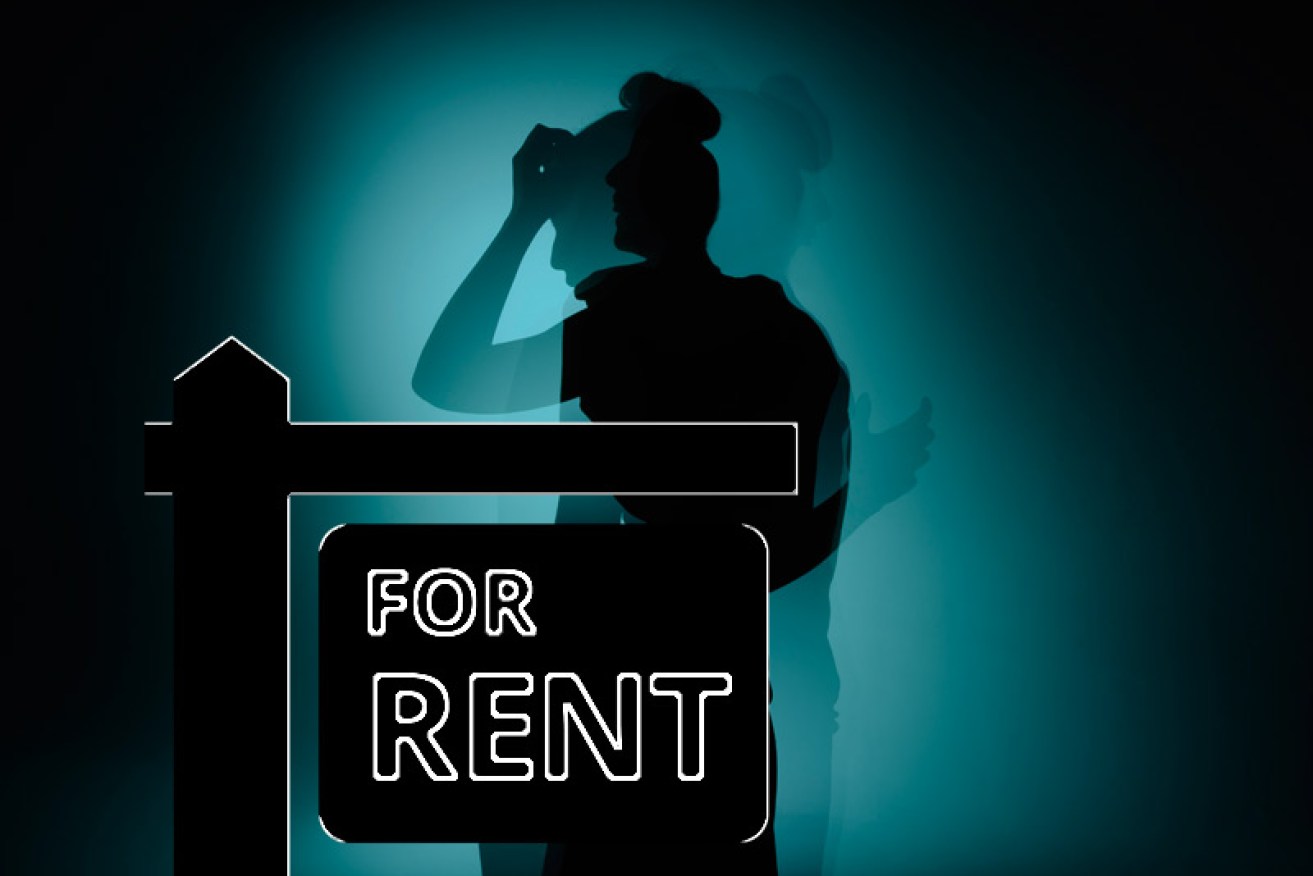Tenants are being forced to jump through ridiculous hoops in order to secure a property, with some applicants asked to provide their credit rating and marital status, according to a tenants’ union.
Devon LaSalle, spokeswoman for the Tenants Union of Victoria, said she had received numerous reports of landlords and agents requesting additional financial and personal information from tenants when they applied for a property.
On top of normal information such as employment details, references and whether they have pets, Ms LaSalle warned landlords are also demanding:
- several months’ worth of bank statements and pay slips
- information about their personal credit rating
- their marital status
- whether they have children
“A landlord or agent does not need this information in order to ascertain whether a tenant is an appropriate fit for their rental property,” Ms LaSalle told The New Daily.
“While landlords and agents try to justify that requesting information like this allows them to confirm a person’s ability to maintain the rent, it opens the door to discrimination against tenants, particularly those with a low or unstable income, those receiving government benefits, single parents, renters with pets, the elderly, students, and so on.”
The Tenants Union wants state laws to be changed so that landlords can only ask tenants for a limited amount of information, such as employment details, references and whether they have pets.
“There should be a standard prescribed application form for rental properties that provide landlords and agents with only the information they need to make an informed decision while maintaining the tenants’ privacy,” Ms LaSalle said.
“Any additional information does not assist with this process. It merely opens the door to discrimination against tenants.”
However, Malcolm Gunning, president of the Real Estate Institute of Australia, disagreed that there needed to be a standard approach to background checks.
“If you took the general run-of-the-mill applicant then you don’t need extensive checks, but real estate agents are under pressure these days from the federal government to ensure they preventing the creation of ice labs or places for money laundering,” he told The New Daily.
The degree of checks required should come down to the discretion of the agent, he said.
“Agents should be able to navigate what is reasonable and what is not,” he said.
“You need to strike a balance between respecting someone’s privacy and conducting thorough checks because if something goes wrong with the rental it lands in the agent’s lap.”
The comments come as increased numbers of renters in Sydney and Melbourne face rental stress – defined as spending more than one-third of a person’s income on housing. In a rental affordability survey by Rent.com.au in April, 53 per cent of renters said they spent one-third to half of their weekly income on rent.
According to recent census data, 12.6 per cent of households in Greater Sydney were paying 30 per cent or more of their income on rent in 2011, but that has since climbed to 14.2 per cent.
A national report released in February found that insecurity in the rental market was rife, with 83 per cent of renters without a fixed-term lease or are on a lease fewer than 12 months’ long. The research, undertaken by CHOICE, the National Association of Tenants’ Organisations and National Shelter, also found that 62 per cent felt they were not in a position to ask for longer-term rental security.
A handful of rent bidding apps have also been introduced recently, pitting applicants against each other in an auction-style contest of who can afford to offer the most.
Tenants Union of Victoria’s Ms LaSalle said rental bidding “unfortunately does happen”, and that better legal protections were required.
Mr Gunning downplayed the rent-bidding problem, however, arguing it was wrong to assume that the competitive Sydney and Melbourne markets were emblematic of the rest of Australia.
“In an open market, rents go up and they come down,” he said.
“Tenants do make lower bids, too, especially in places outside of Sydney and Melbourne, such as WA, South Australia and Queensland.
“You have got to consider supply and demand.”










